Tara Boyle
Stories
-
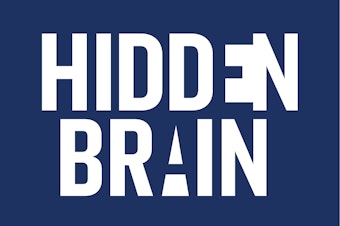
An Unfinished Lesson: What The 1918 Flu Tells Us About Human Nature
A virus is more than a biological organism. It's a social organism. It detects fissures in societies and fault lines between communities. Historian Nancy Bristow shares the lessons about human behavior that we can take away from a century-old pandemic.
-
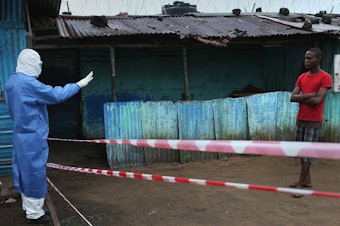
Panic In The Street: How Psychology Shaped The Response To An Epidemic
It sounds like a movie plot: police discover the body of a young man who's been murdered. The body tests positive for a deadly infectious disease. Authorities trace the killing to a gang. They race to find the gang members, who may also be incubating the virus. This week on Hidden Brain, we revisit our 2016 story about disease, panic, and how a public health team used psychology to confront an epidemic.
-

The Bomb That Didn't Explode: Why Our Fears About Population Growth Didn't Come True
We know that we live in an ever-changing world, but one thing we often overlook is demographic change. Whether the world's population is growing or shrinking can affect many aspects of our lives, from the number of kids we have to the likelihood that we'll live to old age. This week on Hidden Brain, we explore how our planet's population is changing, and what that means for us in the century to come.
-

The Cowboy Philosopher: A Tale Of Obsession, Scams, And Family
In 2009, an old man died in a California nursing home. His obituary included not just his given name, but a long list of the pseudonyms he'd been known to use. In this episode, which we originally released in 2019, we trace the life of Riley Shepard, a hillbilly musician, writer, small-time con man and, perhaps, a genius.
-
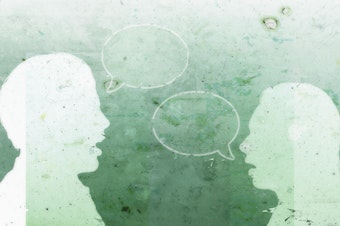
The Influence You Have: Why We're Blind To Our Power Over Others
Think about the last time you asked someone for something. Maybe you were nervous or worried about what the person would think of you. Chances are that you didn't stop to think about the pressure you were exerting on that person. This week, we explore a phenomenon that psychologists refer to as "egocentric bias," and look at how this bias can lead us astray.
-
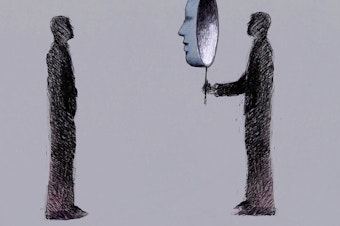
Liar, Liar, Liar
We all lie. But what separates the average person from the infamous cheaters we see on the news? Dan Ariely says we like to think it's character — but in his research he's found it's more often opportunity. Dan Ariely is a professor at Duke University and the author of the book, The Honest Truth About Dishonesty: How We Lie to Everyone — Especially Ourselves. We spoke to him in March 2017.
-
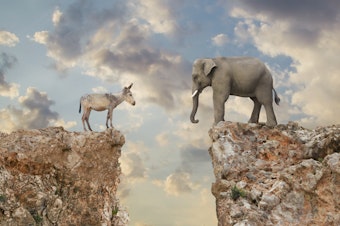
Passion Isn't Enough: The Rise Of 'Political Hobbyism' in the United States
Many Americans feel an obligation to keep up with political news. But maybe we should be focusing our energies elsewhere. Political scientist Eitan Hersh says there's been a rise in "political hobbyism" in the United States. We treat politics like entertainment, following the latest updates like we follow our favorite sports teams. Instead, he says, we should think of politics as a way to acquire power and persuade our neighbors to back the issues we support.
-
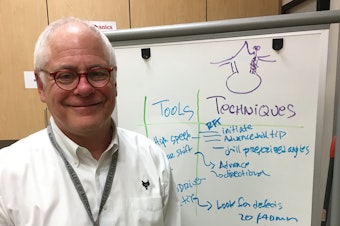
When Things Click: The Power Of Judgment-Free Learning
There can be a lot of psychological noise involved in teaching. But what it we replaced all that mental clutter...with a click? This week, we bring you a 2018 episode exploring an innovative idea about how we learn. It will take us from a dolphin exhibit in Hawaii to a top teaching hospital in New York. It's about a method to quiet the noise that can turn learning into a minefield of misery.
-
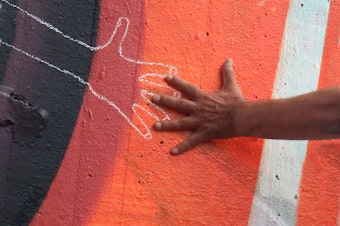
Secret Friends: Tapping Into The Power Of Imagination
Where is the line between what is real and what is imaginary? It seems like an easy question to answer: if you can see it, hear it, or touch it, then it's real, right? But what if this way of thinking is limiting one of the greatest gifts of the mind? This week, we meet people who experience the invisible as real, and learn how they hone their imaginations to see the world with new eyes.
-
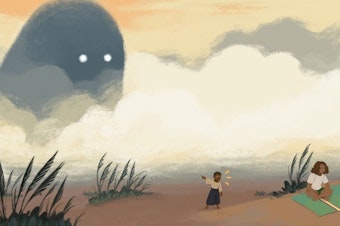
How To See The Future (No Crystal Ball Needed)
When disaster strikes, we want to know, who screwed up? This week we explore the psychology of warnings: Why some warnings get heard, and why some of us are better at seeing what lies ahead.